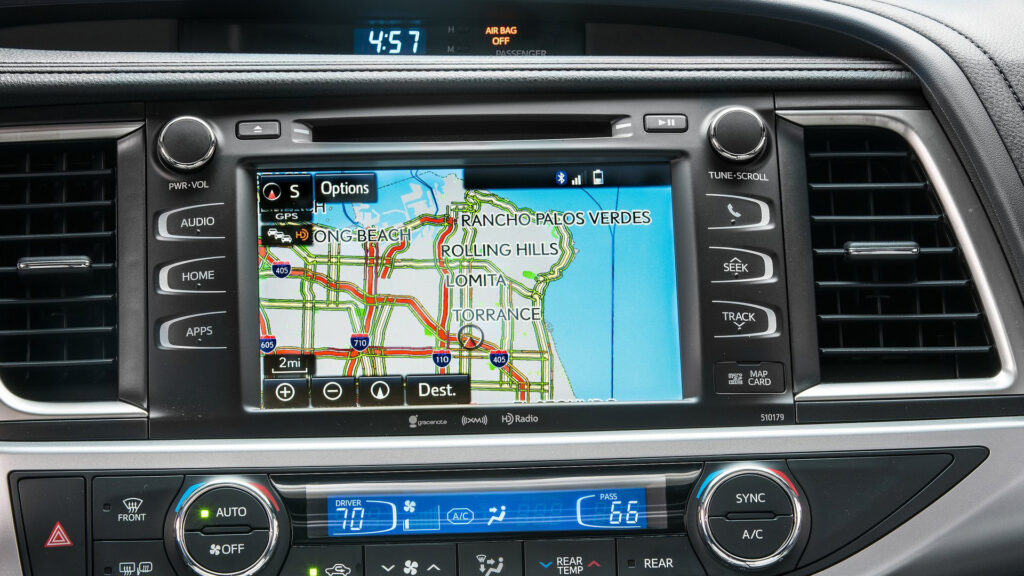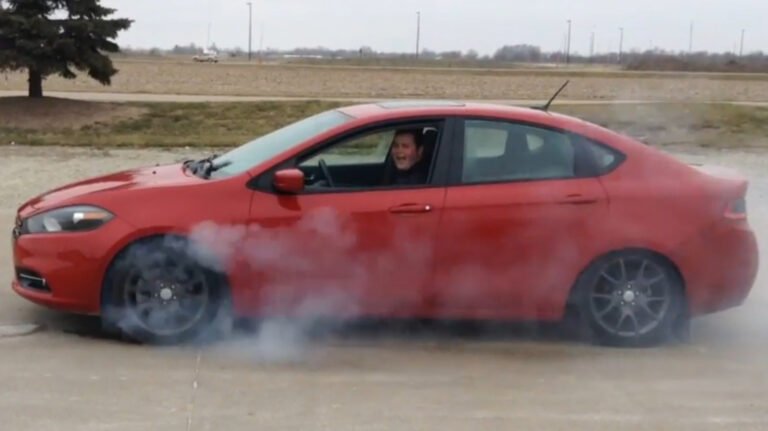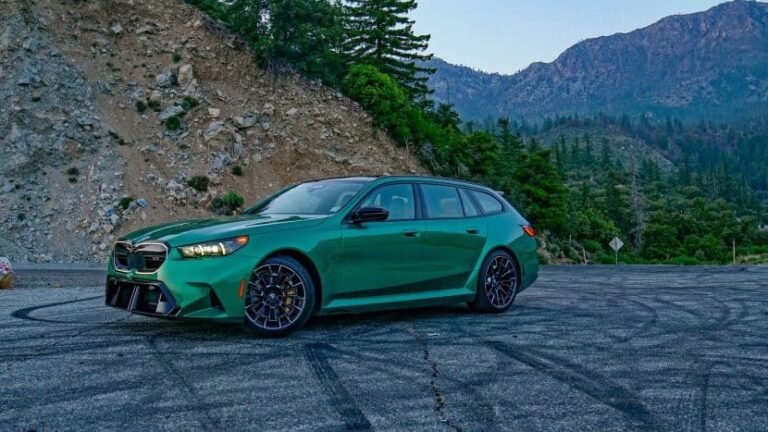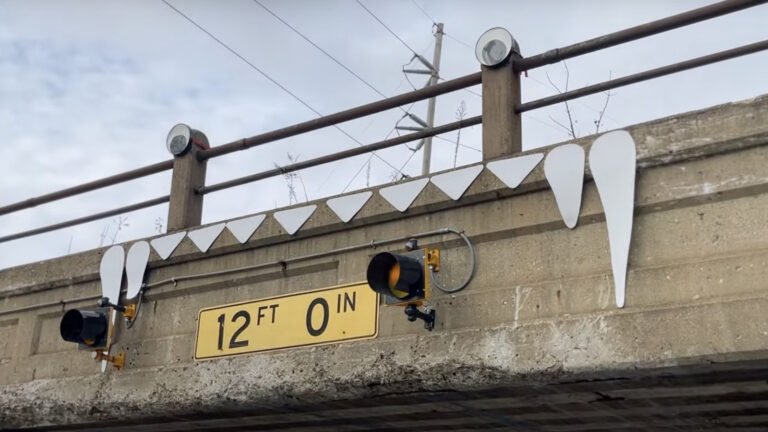

- Six-year class action over Toyota Bluetooth echo ends in settlement.
- Most owners will only receive an instructional video, not money.
- Plaintiffs awarded ~$6,800 each, while lawyers collect $3.15 million.
We’ve all experienced poor phone call quality in a car or when speaking to someone who is in their own vehicle. For some Toyota owners, a maddening echo led them to sue the automaker. Now, six years after the issue first popped up, the parties have settled their differences.
The outcome, however, is far less dramatic than some owners might have hoped: most will walk away with nothing more than a short instructional video.
More: Subaru EyeSight Lawsuit Ends With Lawyers Rich And Owners Shortchanged
The lawsuit claimed that when drivers used the Bluetooth hands-free feature, the person on the other end of the call would often hear their own voice echo back. As you can imagine, conversations like that aren’t optimal. Owners argued in court that the issue not only affected usability but also diminished the value of their vehicles. Toyota denied those claims, insisting that the problem was from improper use of the feature.
Settlements And Payouts
Officially, the company never changed its position, but did agree to pay the 14 plaintiffs. Each will get around $6,800, according to CarComplaints. At the same time, their lawyers will get $3.15 million. Toyota still isn’t admitting fault or defect here and pointed to a bulletin it sent to dealers before the settlement.
Affected Vehicles
SWIPE
In short, it tells technicians that echoes on a hands-free call are “caused by the hands free volume being too low.” It kept that line in a new tutorial video and “Outreach Program” that came about as part of the settlement. In the short film, owners are told to turn the volume of their device up to its maximum setting, then to turn the infotainment volume down to 45 or lower. If the echo continues, they should try turning down the volume even further.
What Happens Next
Notably, this issue and direction applies to just about every Toyota made between 2014 and 2019. A final fairness hearing is set for March 2, 2026, in the U.S. District Court for the Central District of California. Until then, most Toyota owners caught up in the saga might have to wonder if six years of legal wrangling was really worth a YouTube-style how-to guide.


